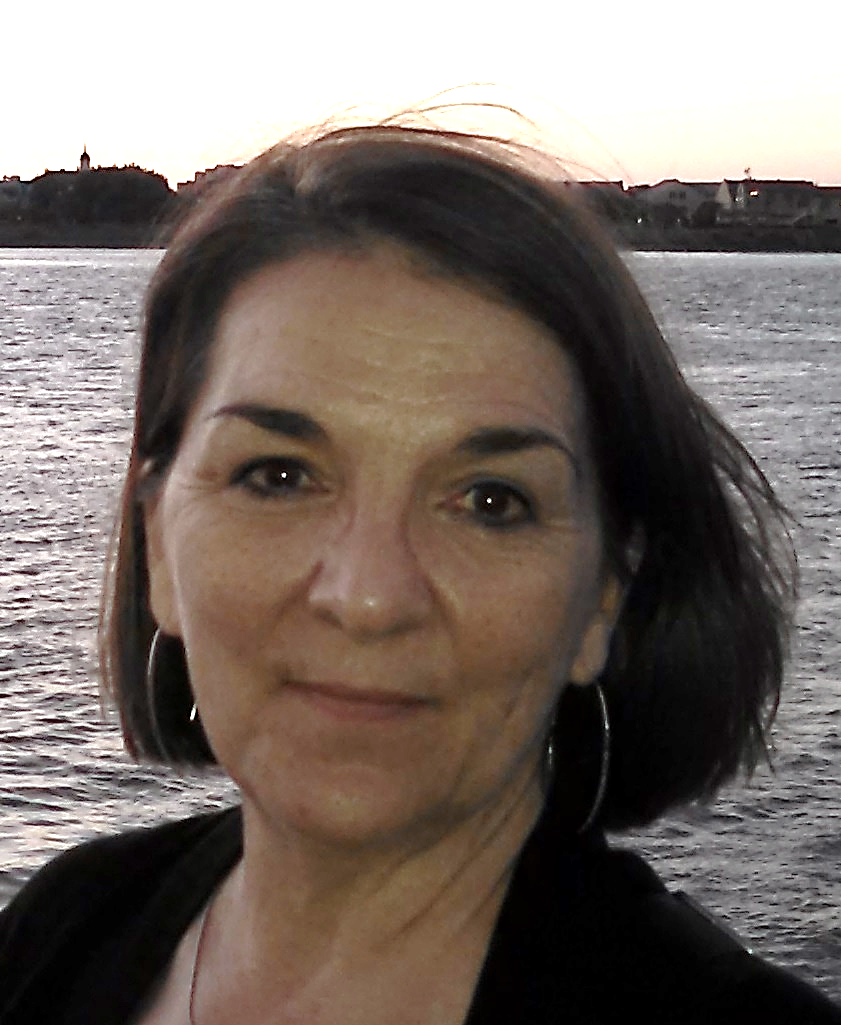“I Am Latino In America”
On Monday evening I had the great pleasure to attend “I Am Latino in America” at El Museo del Barrio here in NYC hosted by Soledad O’Brien. The event is part of an ongoing national tour with performances and conversations about being Latino in America with celebrities, national and local advocates, business leaders, and academics.
Learn More: http://www.iamlatinoinamerica.com/
Monday evening’s panelists included: Rosie Perez, Actor and Activist, Jose Calderon, President of the Hispanic Federation, Lily Eskelsen Garcia, President, National Education Association, Carmen Fariña, Chancellor, New York City Department of Education, Anna Maria Chavez, CEO of the Girls Scouts of America, and others.
Ms. O’Brien shared statistics on Latino-Americans ranging from voting trends to educational accomplishments. The presentations and conversations illustrated how diverse Latinos in America are and how rapidly we are changing as a constituency. Most of the speakers agreed that there is a general lack of representation of Latino interests even by Latino politicians. Immigration was #5 on the list of political priorities among Latinos polled, but is the #1 issue discussed regarding Latinos on news/media programs. There seemed to be a general consensus among the speakers that without increased participation in the political process by Latinos, there would not be a change in this trend.
The value of this event is that there is an open dialogue from multiple perspectives and those perspectives, whether agreed with or not, are respected. Ms. Perez made a powerful point when referencing Latinos who, although in a qualified way, agreed to some extent with negative statements made about Mexicans. She cautioned those ready to endorse negative stereotypes that they could be the next target of slurs and insults.
I hope that Ms. O’Brien and Starfish Media Group continue and expand these events as it is vital to have a forum for open, honest dialogue among those who share an identity as complex as Latino in America. I propose that future events include examinations of the impact of the intersectionality of most Latinos. Many of us are Afro-Latino (Blatino), Hispanic-Asian, and White-Hispanic. Then, of course, there are differences with sexual orientation, gender identification, national origin, regional location, generation, class, education, etc. In other words, our diversity is multi-dimensional, a concept that has been explored and discussed for decades, but can get lost among headlines and trends.
You Don’t Look Puerto Rican!
I certainly fit the title of intersectional as the daughter of a tri-racial Puerto Rican father and a mostly Irish-American mother. A native New Yorker who grew up in a public housing project, I am also a woman in my 50s with a graduate school education who has traveled the world, including spending a summer studying at Cambridge University in England. So, what peg to fit me in?
Most of my life people respond uniformly when they learn of my ethnic background with: “You don’t look Puerto Rican!” To which I usually respond, “What does a Puerto Rican look like?” As a descendant of a Caribbean Island populated by Tainos, (an Arawak tribal group) and the Caribs who invaded periodically for more than 800 years before the Spanish arrived; who were followed by other Europeans as well as the African slaves who those Europeans abducted to the Caribbean, I reflect my ancestral history. Based upon that history, what does a Puerto Rican look like?
I share my personal experience and a bit of Puerto Rican history with you because the conversation that is being facilitated by Soledad O’Brien, another half-Latina-Americana, and one who embodies intersectionality, is critical for all who have yet to understand that it is precisely the lack of communication that generates exclusion and reinforces discrimination and hate.
A Multi-Dimensional Conversation
I am in the people business. My job is to engage people who are resistant to change and difference in conversations about those very subjects. The most rewarding and affirming work that I do happens during training sessions when participants come up to me during breaks and tell me that they are pleasantly surprised that they are enjoying the experience – having fun, even! Being able to share that ‘aha’ moment with people of all races and backgrounds when they realize that we all are diverse and can all benefit from inclusion, it is amazing! This is what inspires me to keep doing what I am doing, even on the most challenging of days.
Often, when examining the impact of our perceptions on our relationships at work and elsewhere, we discover that someone may have a Hispanic name, but not be Hispanic, (such as my sister-in-law, Julia Garcia or several of my Filipina friends). Furthermore, someone might have a name like Wendy Willow Amengual Wark and be culturally more Puerto Rican than she is Irish.
So, what does it mean to be a Latino in America? For me, it means belonging to a group, like other immigrant groups who were treated with disdain, hatred and abuse in the past and have reached a tipping point where we cannot necessarily be identified by our names or appearance as native born or immigrant, as legal or illegal, as a member of any particular racial group – in other words as very American!
Is your organization looking beyond appearance and listening for more than surnames in your search for inclusion? If not, isn’t this a great time to begin a multi-dimensional conversation?
Please share your story and opinion on this subject as this blog post is part of that conversation.
Onward!
~ Wendy

